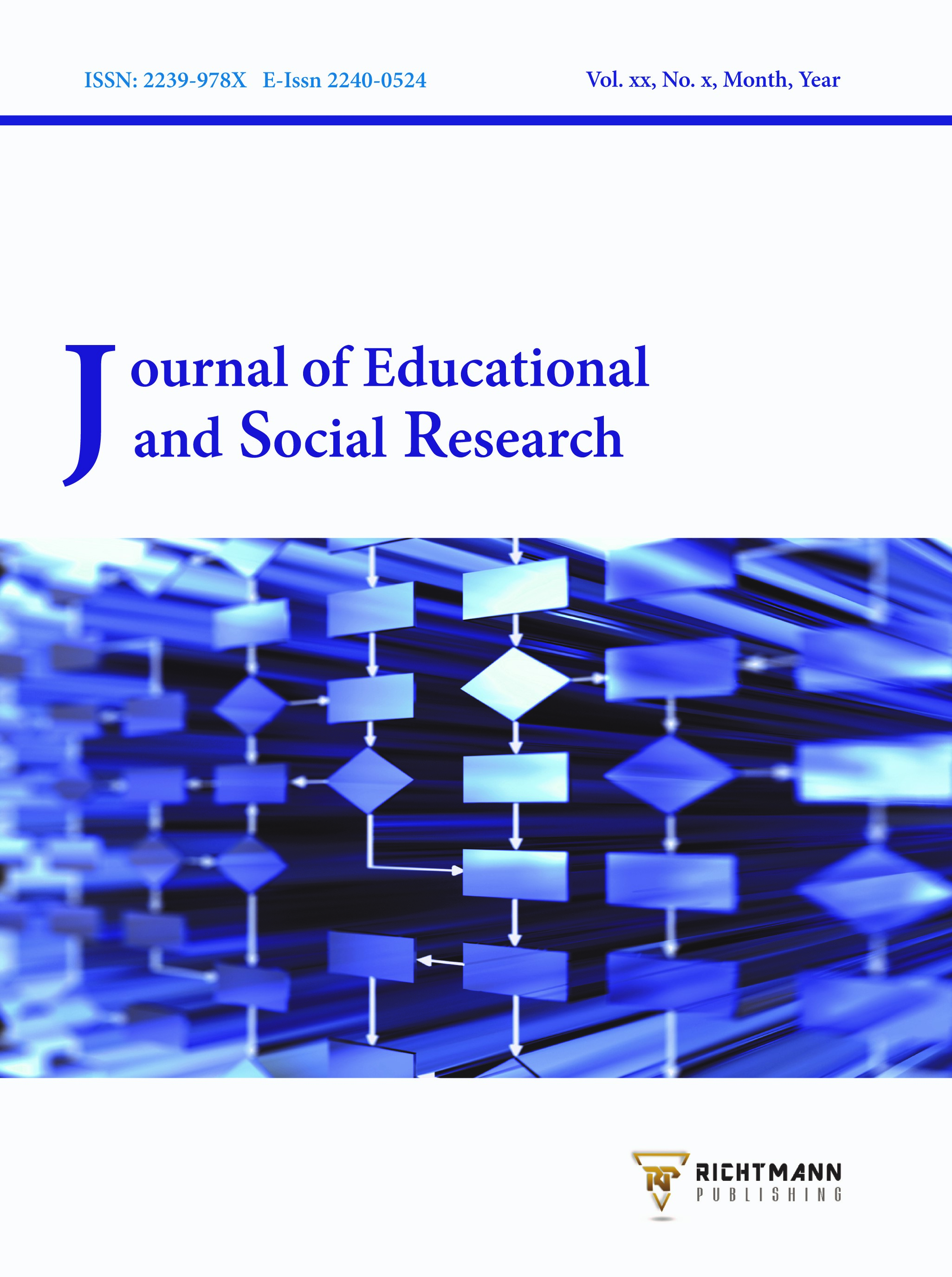Personality Traits of Administrators and Accountability in Secondary Education: Evidence from Survey in Nigeria
DOI:
https://doi.org/10.36941/jesr-2023-0114Keywords:
Administrators, personality, traits, accountability, educationAbstract
Introduction: Accountability etiquette tends to be given less attention in secondary education due to low justification of performance related to schoo0l goal attainment. Hence, this study was undertaken to assess relationship between personality traits of administrators and accountability in secondary education in Cross River State, Nigeria. Method: This study applied descriptive survey research design aimed at the relationship of personality of administrators and accountability in secondary education in terms of school objectives and senior officers’ responsiveness. The population included 246 secondary schools in Cross River State, Nigeria. The sample consisted of the entire population of 246 secondary schools selected using census sampling technique. 492 principals and vice principals of secondary schools were used to assess the secondary education in the state. Data collection was done with researchers’ constructed instrument validated and with a reliability coefficient of 0.87 using cronbatch alpha method for the competence. Alpha reliabilities average of 0.80 (ranging from 0.17 to 0.88) was obtained using test retest reliability coefficient for adopted Big Five Inventory (BFI). Three research questions guided the study. Data were analyzed using Correlation and Multiple Regression Analysis. Results: The results showed that personality traits of administrators were positive significant predictors of accountability in secondary education. However, neuroticism behaviour dimension was negatively related to accountability in the secondary school system. Discussion and conclusion: Based on the results above, personality traits of administrators guaranteed improvement of accountability. The implication of this finding was that secondary education system could not inspire engagement and high level of performance without desirable natural ability traits of educational administrators. Therefore, innate characteristics of administrators were keystones of accountability in terms of achieving optimality in educational objectives and senior officers’ responsiveness in secondary education system.
Received: 21 April 2023 / Accepted: 24 June 2023 / Published: 5 July 2023
Downloads
Downloads
Published
Issue
Section
License

This work is licensed under a Creative Commons Attribution-NonCommercial 4.0 International License.
This work is licensed under a Creative Commons Attribution-NonCommercial 4.0 International License.









